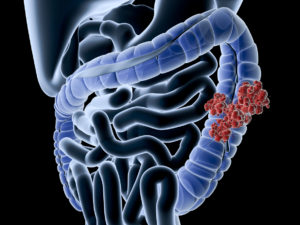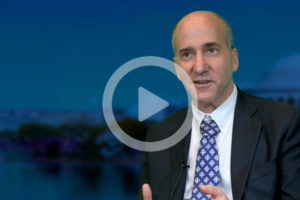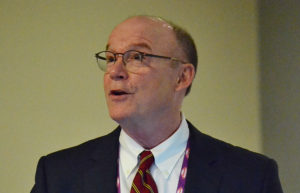SSAT Attendee Spotlight: Mauricio Pasten, MD
First-time DDW® attendee Mauricio Pasten, MD, is looking forward to meeting new people and learning more about gastrointestinal diseases at DDW.
First-time DDW® attendee Mauricio Pasten, MD, is looking forward to meeting new people and learning more about gastrointestinal diseases at DDW.

DDW® attendees unable to attend every session on their wish list can access nearly 500 hours of non-ticketed course presentations through DDW’s online-only digital library, DDW On Demand. Register at watch.ondemand.org/ddwlogin to get started.
We’re all familiar with donating our clothing, our blood and even our valuable time. But, what about donating your stool? There’s an urgent medical need

Colonoscopy, a dreaded, but highly recommended procedure that helps detect and prevent colorectal cancer (CRC), is typically not something to worry about until your 50s.
For doctors dealing with life-threatening emergencies during endoscopy, the management of stress is crucial, but poorly understood. Using virtual reality, Dr. Philip Levine, a gastroenterology

In a DDW Daily News video exclusive, DDW Council Chair Grace H. Elta, MD, AGAF, FASGE, discusses four notable abstracts from DDW 2018 in Washington, D.C. Dr. Elta highlights one abstract from each of the four DDW-sponsoring societies.

Although antiviral therapy has led to a cure rate of more than 90 percent of hepatitis C virus (HCV) cases, David E. Bernstein, MD, FAASLD, thinks more can be done to increase the cure rate. In this DDW Daily News video exclusive, Dr. Bernstein discusses several obstacles preventing patients’ access to curative therapies. He also addresses the benefits of HCV therapy and whether it’s possible to eradicate HCV and achieve 100 percent cure rate.

During the SSAT Presidential Plenary on Sunday, SSAT President Stanley W. Ashley, MD, said the society is preparing for a new strategic plan that will re-evaluate the society’s role as well as its financial future and ongoing relationship with DDW®. “We are at the right time to start planning the next 10 years,” he said.

It has long been clear that “we are what we eat.” But a growing body of experimental data suggests it is not just what we eat, but how our individual gut microbiomes interact with diet that affects health. Federico Rey, PhD, explained this data during an AGA Symposium on Sunday.

Suresh Chari, MD, examined the medical and nutritional therapies for pain management in an ASGE Clinical Symposium on Sunday morning. “Pain is processed in some of the same areas of the brain as thoughts and emotions — structural damage or inflammation are not essential to experience pain,” Dr. Chari said.
This website uses cookies so that we can provide you with the best user experience possible. Cookie information is stored in your browser and performs functions such as recognising you when you return to our website and helping our team to understand which sections of the website you find most interesting and useful.
Strictly Necessary Cookie should be enabled at all times so that we can save your preferences for cookie settings.
If you disable this cookie, we will not be able to save your preferences. This means that every time you visit this website you will need to enable or disable cookies again.